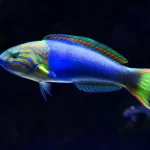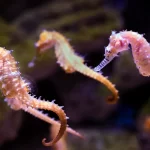If you are an animal lover, you might be curious to know whether sharks have tongues. You will be rather surprised to know that sharks do have tongues and they use their tongues for some of the most important tasks.
In this article, we are going to discuss, whether Sharks have tongues, what their tongue looks like, whether sharks can taste with the help of their tongues, whether it is possible for a shark to bite its tongue, and many other facts. Keep reading to know more about this much-debated topic of “Do sharks have tongues?”
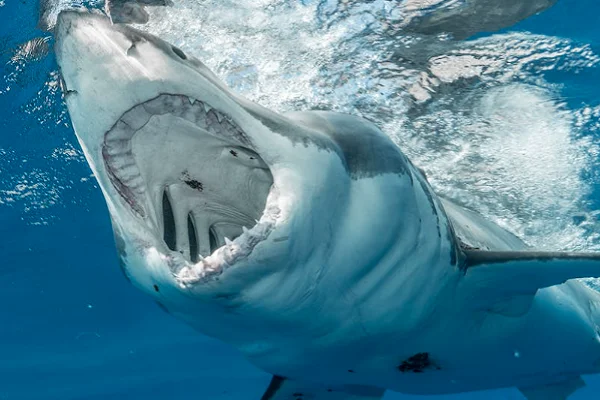
Are Sharks animals that have tongues?
As already mentioned above, sharks do have tongues. We all are aware of the fact that Sharks are predatory creatures that use their sharp jaws to prey on their food and any other animal that they find in their close proximity.
The entire upper portion of the Sharks mouth is its skull and the mouth is believed to be the only big hole in the skull. The mouth has very sharp teeth that they used for shredding off the flesh of their food.
Sharks never chew what they eat, they rather swallow huge chunks of meat without chewing them. But the tongue of the shark plays the role of the main sensory organ. The tongues of sharks help them in finding their prey even in hazy waters. With the help of their tongues, the Sharks can understand what sort of food they are eating.
Now the question is do sharks have tongues only because they are not habit waited to chew their food? Well, if you take a deep look inside the mouth of the shark, you will find the papillae, which are a pair of textured long organs found inside the mouth of the shark. This part stretches till the floor near the neck and catches hold of any stray materials before the Shark swallows them.
When the sharks pray on life food, the muscular structures tend to force water back into the mouth cavity of the fish. This helps in removing the dirt that is often accumulated within the gills and teeth of the shark. This also provides them with fresh oxygen during the respiration process.
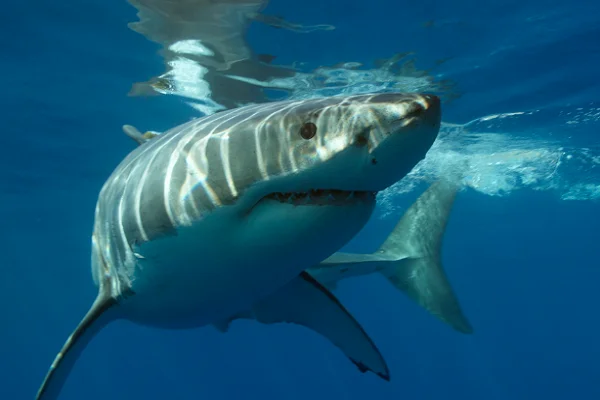
Are sharks tongues big enough?
Whenever you think of sharks, the first thing that probably comes to your mind is their loud shouts and sharp teeth. There are diversifying views on the shark’s teeth as some say they have big tongues and some others say that sharks have the smallest tongue in the entire animal kingdom. Would you like to know how the tongues of their sharks affect their feeding habits?
As per the majority of the researchers, the tongue of the shark doesn’t have any special purpose for the creature, it even doesn’t have taste buds. The tongue of the shark is a chubby, short, and rather immovable organ that is not much needed for the shark for its survival. Hence, it is seen that shark tongues are nothing but small cartilage pieces that are used rarely.
It is also proven that sharks are the owners of the most interesting mouths in the entire animal kingdom as their mouth is filled with jaws, sharp and uniquely sized teeth, and even multiple heads. However, the only thing about their predatory fish that makes them unique is their useless and tiny tongues. The reason behind this is still a mystery.
The function of a shark’s tongue
Did you ever take a close look inside a shark’s mouth? If you didn’t do that ever, you must be interested to know about their fascinating tongues. The tongue of a shark is way more than just an appendage that is located at the bottom of the mouth and researchers find this one of the most fascinating and unique systems on the whole planet. Here are a few functions of a shark’s tongue.
All the species of shark use their tongue for just nothing, apart for cookie-cutter sharks that use their tongue to pull out the flesh from their prey. Their tongue even helps the sharks prey in murky water, navigate through hazy water while swimming and locate the preys that are hidden when there’s not enough light in the water.
Hence, just as the remaining portion of a shark’s body, the tongue has helped them survive in the oceanic habitat. The tongue helps in removing unwanted objects from the mouth and offers sensory input to the brain of the shark.
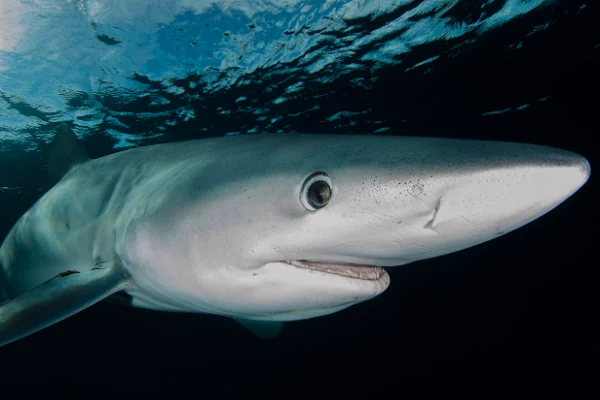
Does the tongue of a shark contain taste buds?
Sharks don’t have taste buds but their tongue certainly has sensory cells that can help them detect any alteration in the water. Their tongue helps them in sensing different sorts of chemicals that may have dissolved from blood or any other substance.
Such sensory cells tend to capture the chemical damages before they even reach the mouth of the shark. In case there is a shark that chooses to eat something that is based on the details of the food, they often use their tongue to sense what is around. If they think it is worth moving for, they get closer to that object.
Sharks also require a sense of smell to recognize food sources since they often lack eyesight. However, the thin and long feelers play a vital role in identifying food sources. These feelers can grasp chemical signals from animals that are placed on the upper surface of the water.
What makes sharks love the taste of blood?
Though sharks don’t have similar taste or smell receptors as other humans, they still have a sense of taste. Sharks are able to stick out their tongue just as humans. However, a way in which sharks can catch their prey is by utilizing electroreceptors that are placed inside their mouths.
The tongues of sharks have an organ that plays a vital role in tasting different types of chemicals that are found inside water, especially ammonia or blood. Their tongues can combine chemical senses with their other senses. This is how sharks love the taste of blood.
So, in general, sharks usually keep their tongue inside unless it gets necessary for them to stick it out. Now that you know whether or not sharks have tongues, you can definitely participate in a debate on this topic.
